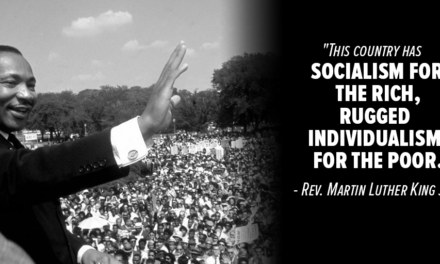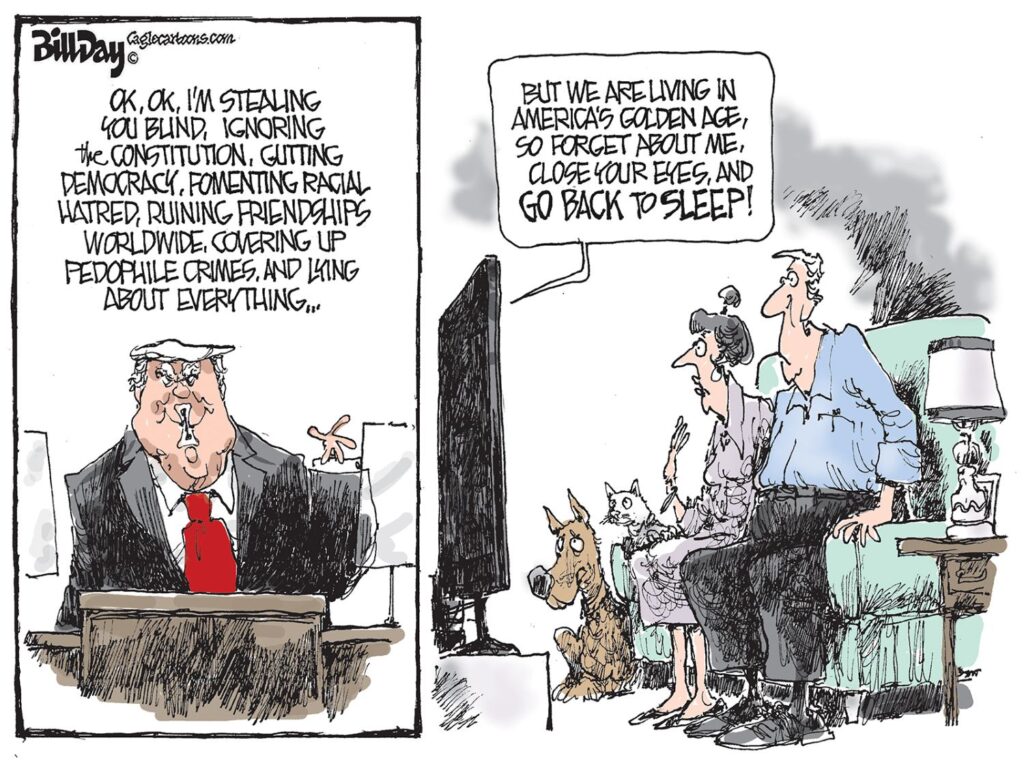Decades ago, when members broke from a Midtown Methodist church to form Christ United Methodist Church, they had the opportunity to minister to the changing area around them, an area characterized by increasing diversity and growing need. They moved to East Memphis.
Today, faced with another opportunity, the church, now called Christ Church Memphis, moves again – this time out of the United Methodist Church altogether. Once again, fears of “the other” led to its move to the new, so-called Global Methodist Church, primarily because of LGBTQ and sexuality.
It’s debatable that the new group merits the Methodist name at all, considering the way it turns its back on the core message of its founder, John Wesley: “Do all the good you can, by all the means you can, in all the ways you can, in all the places you can, at all the times you can, to all the people you can, as long as ever you can.”
It’s not as if the United Methodist Church it is leaving has been a hotbed of liberal theology. Issues about ordination of LGBTQ clergy and authority to marry same-sex couples have been debated fervently for about six years ago. (It’s not as if the church didn’t already have LGBTQ clergy but it preferred a don’t ask, don’t tell approach.) Although the denomination’s official position on homosexuality was unchanged, conservatives didn’t wait around to see what the vote at the next General Conference would be, resulting in the exodus of as many as 600 churches from the United Methodist denomination.
Faced with whether to treat LGBTQ people equally and fairly within the church, Christ Church Memphis took a sad – but not unexpected – position since the church has traditionally erred on the side of not challenging its members and instead enjoying the often facile bromides delivered from its pulpit.
Rev. Kimberly Scott, United Methodist Church pastor and chair of the Reconciling Ministries Network sums it up well: “There’s so much need for people to feel loved and people to feel welcomed and for people to just, quite frankly, have community. And that’s what the church was meant to be. You know, Jesus called us to free the oppressed, right? Jesus called us to be on the side of the poor, to be on the side of the sick. And if we’re more focused on who someone is sleeping with or what their gender identity is, we’re not doing the work of Jesus.”
Bible Verses Used To Rationalize Personal Prejudices
In the midst of the emotion attached to opposing marriage equality and being hidebound on gender issues, it is easy to forget that the (Protestant) Bible has 31,173 verses and 807,361 words. Opponents to equal marriage rights are obsessed with about six verses and a couple of hundred words whose interpretations are arguable at best, but clearly do not speak to same-sex relationships of love and mutuality.
It perpetuates an unfortunate tendency – especially in the South – by some ministers and congregants to cherry pick verses so they can use the Bible as a club to beat up others and a crutch to rationalize their own prejudices.
It also points up the zeal in which some people can latch onto a few verses that they apply to LGBTQ couples while ignoring hundreds of verses that apply to themselves and heterosexuals. After all, when’s the last time you heard a sermon against divorce, usury, and stoning to death insolent teenage boys and adulterers or about death sentences for the disabled and the need for women to cover their heads?
For some of us of a certain age, all of this rekindles vivid memories of ministers in many the pulpits using Bible verses to assure congregations that inter-racial marriage was an abomination to God and that the Bible clearly taught the virtues of segregation.
That’s why it’s so hard to shake the opinion that many of today’s opponents are using Bible verses to justify opinions they already had. For us, it’s déjà vu all over again because it’s all about taking a few verses out of their cultural and historical context in order to apply absolute standards of morality to other people while ignoring hundreds of other verses.
Picking and Choosing
I recognize that some people have sincere objections to same sex marriage and cite their faith as the reason why, but I’d respect them more if they in turn treated all Biblical directives equally.
Even the mantra that the Bible teaches that “marriage is about one man and one woman” is not true. It is written that Solomon had 700 wives (not counting his concubines and sex slaves), and there are verses advising a husband taking a second wife to treat her as well as his first.
In addition, slavery is not abhorred and slaves were even told to submit to their masters, and this clearly included submitting sexually. Even Abraham had a sex slave which he impregnated (she was previously his wife’s slave and her gift to him). The Bible also says that if your brother dies, you should marry your sister-in-law even if you’re already married, and if a man commits adultery with a neighbor’s wife, he should be put to death.
Apparently, it is acceptable to ignore all these verses (especially by people who aver to believe the Bible literally), but not two verses in Leviticus that are part of the “holiness code” that are regularly trotted out by the anti-marriage equality crowd. To bolster their opinion, some evangelical translations of the Bible even use the word, homosexuality, in these verses although the word was not coined until the 1860s.
But more to the point, every Bible verse requires context, and the “holiness code” in Leviticus was set out by the Israelites to demonstrate how they were different from their Egyptian and Roman neighbors. That’s why it makes just as much sense that the verses are about Roman pederasty, pagan fertility rituals, cultic male slave prostitution, and non-consensual sex.
Un-Christian Behavior
There are people who have a deeply negative emotional reaction to same sex marriage and to LGBTQ people generally, and that of course is their right in this country; however, while the Bible is understood through the lens of our own experiences and prejudices, that does not mean that the interpretations are historically or contextually correct.
This knowledge gap was indicated a few years ago in the Pew Forum on Religion and Public Life, when people were asked 32 questions to test their religious knowledge. Scoring highest were atheists and agnostics who averaged 20.9 correct answers. Jews averaged 20.5 and Mormons 20.3. Protestants meanwhile averaged only 16.
History has a way of overtaking religious bigotry, from the Inquisition to the Crusades to slavery to the Civil Rights Movement, from bloody conversions to Christianity and Bible verses used as justifications to take people into slavery and from anti-Semitism to Copernicus. Today, for every person who opposes marriage equality, there are two who support it.
But one thing is certain and it is said loud and clear in the Bible. It is the mandate for us to help the poor. It is also remarkable how often that directive is ignored by the very same people who are strident and obsessed in monitoring and judging the sexual relationships of others.
**
Join us at the Smart City Memphis Facebook page for additional postings.





